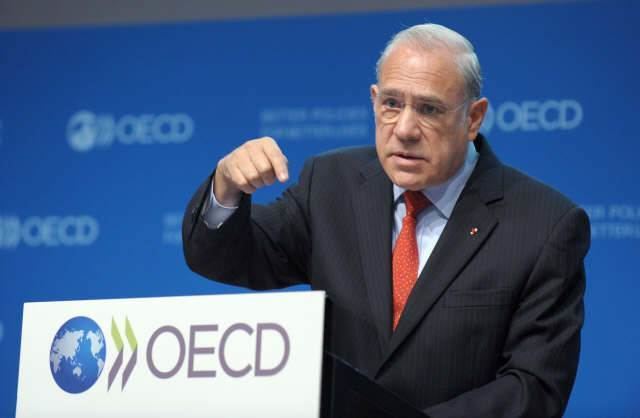Gurría was responding to recent statements and exchanges regarding the ongoing negotiations to address the tax challenges of the digitalisation of the economy.
 OECD Secretary-General Angel Gurría has said that the absence of a multilateral solution to taxing the digital economy would trigger tax disputes and heighten trade tensions.
OECD Secretary-General Angel Gurría has said that the absence of a multilateral solution to taxing the digital economy would trigger tax disputes and heighten trade tensions.
Gurría was responding to recent statements and exchanges regarding the ongoing negotiations to address the tax challenges of the digitalisation of the economy.
According to sources, US Treasury Secretary, Steven Mnuchin, has written a letter to EU finance ministers stating that Washington has decided to end negotiations with the European Union on the issue of digital economy taxation.
The finance ministers of France, Italy, Spain, and the UK have jointly responded to Mnuchin’s letter calling his letter a “provocation.”
Gurría commented: “Addressing the tax challenges arising from the digitalization of the economy is long overdue. All members of the Inclusive Framework should remain engaged in the negotiation towards the goal of reaching a global solution by year end, drawing on all the technical work that has been done during the last three years, including throughout the COVID-19 crisis.”
“Absent a multilateral solution, more countries will take unilateral measures and those that have them already may no longer continue to hold them back. This, in turn, would trigger tax disputes and, inevitably, heightened trade tensions,” he added.
Gurría continued: “A trade war, especially at this point in time, where the world economy is going through a historical downturn, would hurt the economy, jobs and confidence even further. A multilateral solution based on the work of the 137 members of the Inclusive Framework at the OECD is clearly the best way forward.”
Earlier this month, the US Trade Representative announced that it would open section 301 investigations into digital tax rules adopted, or being considered, in nine countries and in the European Union. Section 301 of Trade Act, 1974 gives the US trade representative broad authority to investigate and respond to a foreign country’s action that may be unfair or discriminatory and negatively affect US Commerce.
The author is Alex Hunter, Editor, TP News. He oversees and updates the publication and also regularly writes news stories about transfer pricing and international tax law. Alex is reachable at editor@transferpricingnews.com


You must be logged in to post a comment.